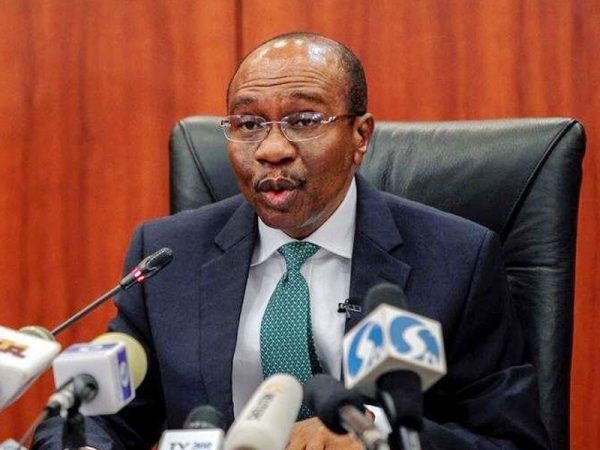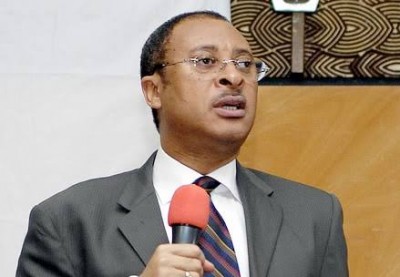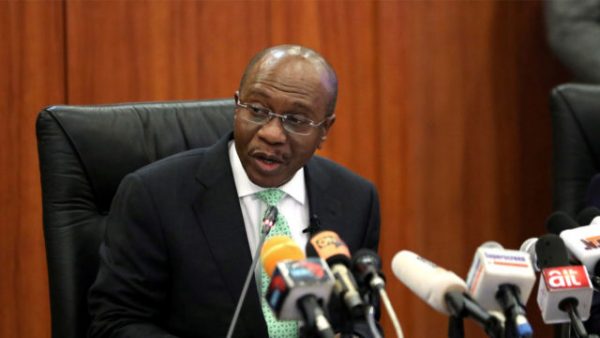Africa Loses $90bn Annually To Illicit Financial Flows -AfDB

The Africa Development Bank has lamented the spate of illicit flow of funds in Africa’s financial system and called for increased measures to combat the menace.
This was as the bank’s Chief Economist and Vice President, Economic Governance and Knowledge, Kevin Urama, raised concerns that African countries are losing $90 billion each year due to illicit financial flows.
He said this during the graduation of the first cohort of the Public Finance Management Academy for Africa on Thursday in Abuja.
Media reports that the PFMA is a comprehensive initiative aimed at providing structured capacity development in Public Financial Management to African countries.
Urama, while delivering his opening address, noted that the highlighted strategic importance of PFM lies in enhancing economic governance and knowledge management to promote wealth creation and prudent management of public finances.
He stressed the urgency of tackling issues within the PFM ecosystems, emphasizing that “Africa, despite its natural resource richness, often faces financial challenges due to mismanagement.
“Several studies have attributed this to poor management of public resources – from ineffective mobilisation and use of domestic revenue, unsustainable borrowing and lack of prudence in the use of debt resources, illicit financial and resource flows, resource theft, among other forms of leakages and corruption along the PFM ecosystems in countries.
“Currently, African countries lose almost $90 billion in illicit financial flows annually, and much more in illicit resource flows and resource theft, poorly implemented fiscal policy incentives, and excessive dependence on commodity exports for foreign exchange earnings. This exposes countries to highly volatile global market prices and highly vulnerable supply chains. This situation is not acceptable.”
He stated that Africans must have monetary frameworks to efficiently manage the resources required to enhance productivity and create wealth in Africa for Africans.
He said the academy is a key implementation activity of the Bank Group’s programs and focuses on addressing the challenges in the PFM cycle.
Urama further called on the graduates to be torchbearers in promoting transparency and accountability in their respective countries. He urged them to champion Africa’s efforts to efficiently manage resources and enhance productivity.
Speaking also at the occasion, the Special Adviser to the President on Economic Affairs in the Office of the Vice President, Tope Fasua, commended the comprehensive curriculum of the PFMA, covering crucial aspects of public financial and debt management.
He said the academy’s efforts in responding to the urgent need for enhanced knowledge and capabilities among public officials working in these critical sectors across African nations must be sustained to curb frugal spending.
The Special Adviser also commended the graduating class, emphasising the role their newly acquired skills will play in achieving the African Development Bank’s High 5’s Agenda, the UN Sustainable Development Goals, and the AU Agenda 2063.
He said, “This platform helping public officers aggregate knowledge from relevant institutions and making it accessible to public financial management officials should be encouraged and expanded to other areas of capacity development beyond public financial management.”
In his valedictory speech, one of the PFMA graduates, Isaac Kurasha, reflected on the 18-month journey that began on March 2, 2022, and highlighted the rich experience and knowledge gained throughout the program.
“The training enriched my understanding of the public financial management cycle, providing insights into various components”, he stated.
He emphasised how assignments and interactions with colleagues from different divisions broadened his perspective, creating a deeper appreciation for the structure and intricacies of the National Treasury.
The first cohort of the PFMA, consisting of 145 public officials from 45 African countries, commenced the program in July 2022. Of these, 52 officials from 26 countries completed the program, earning certification as PFM experts in their respective nations.







